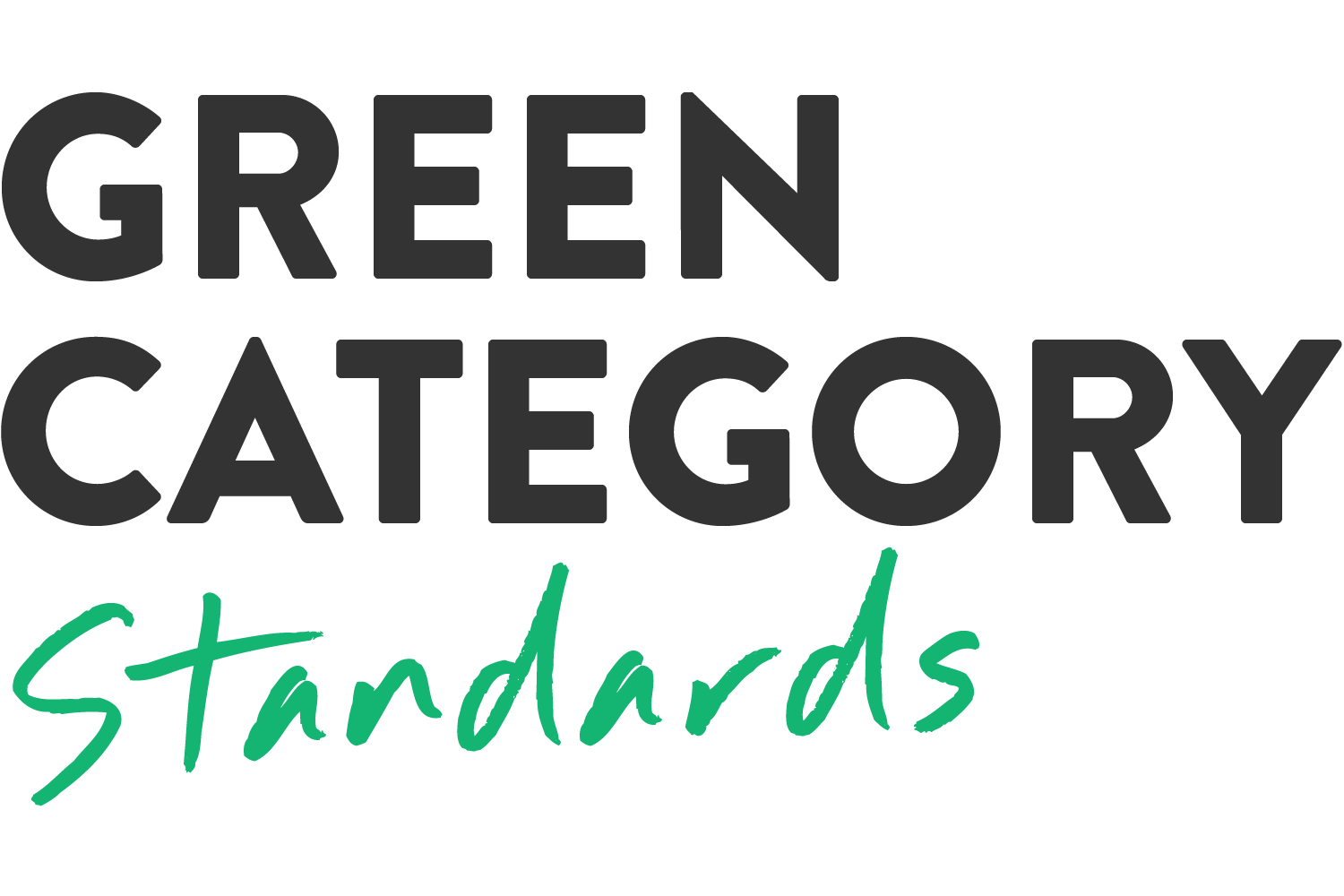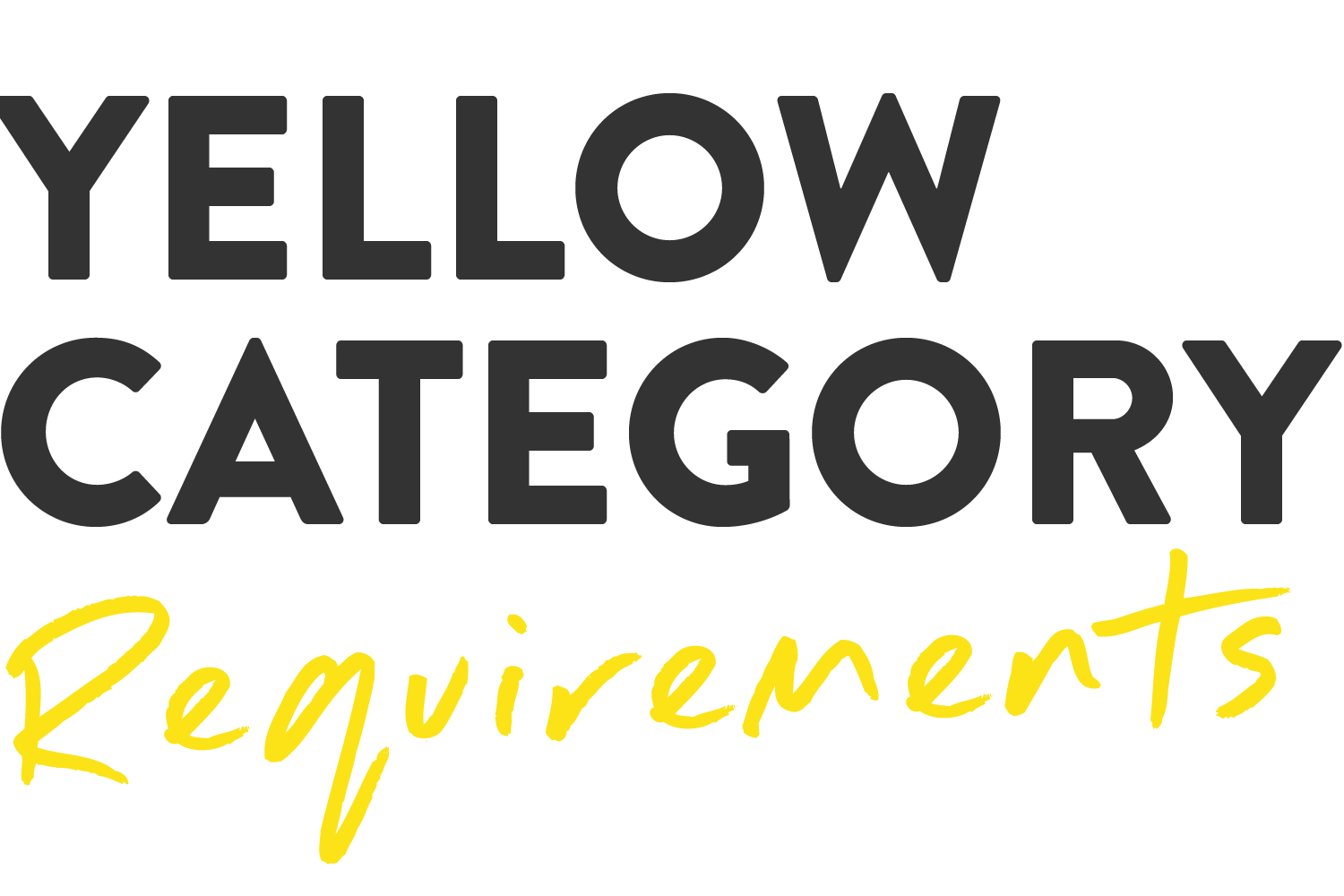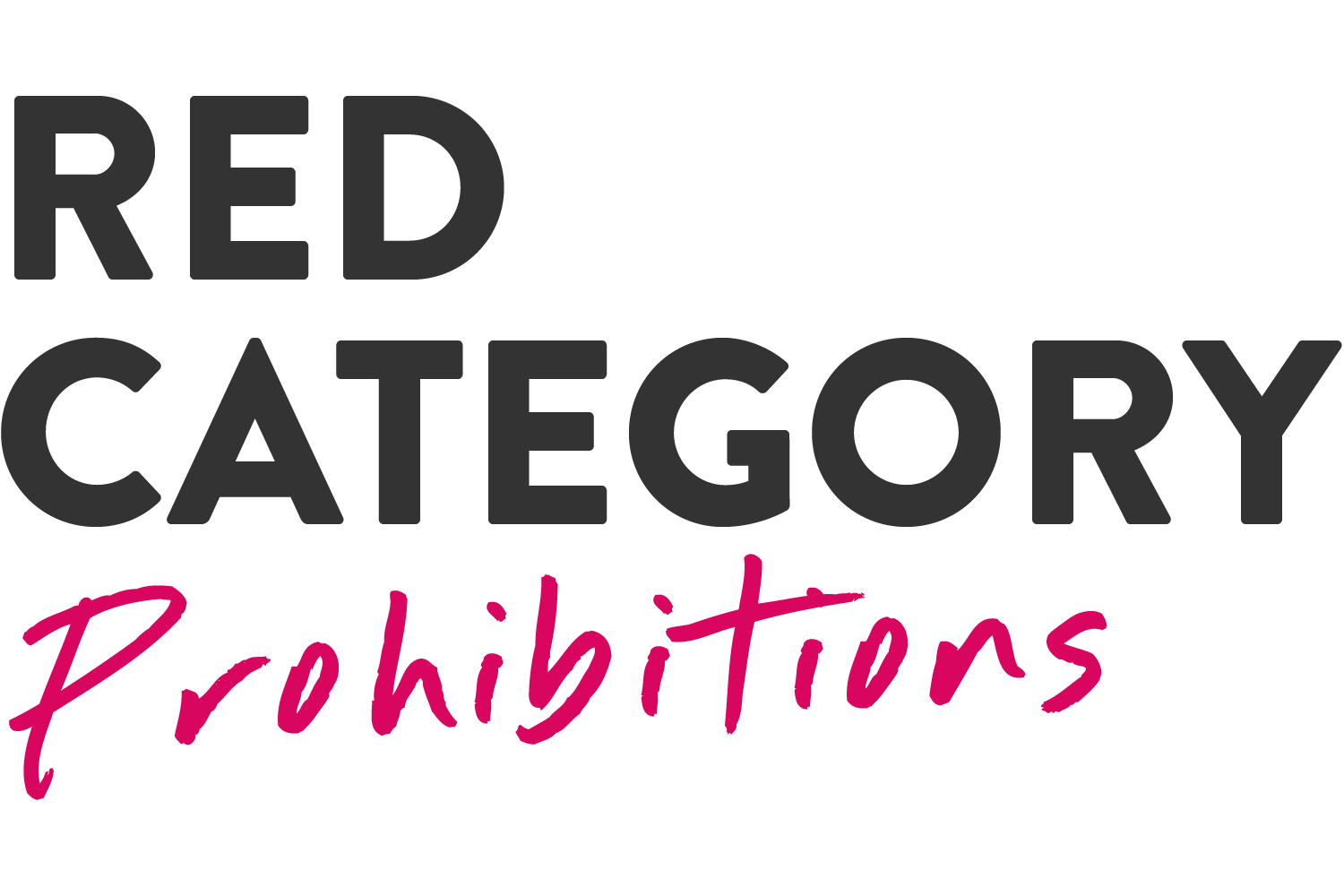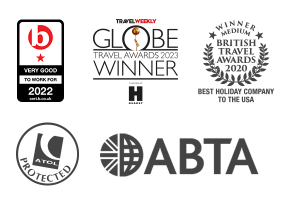Ocean Holidays Animal Welfare Policy
At Ocean Holidays, our core values are deeply embedded into our everyday lives, forming the foundation on which we build our whole operation. Extending into how we engage with our customers, the workplace culture we foster, and how we maintain relationships with our partners, our efforts to ‘Do the right thing’ means also considering the impact we, and our customers, might have on animal centric experiences around the world.
We understand that many of our valued customers seek out new experiences when they travel, some of which might include organisations like zoos, wildlife parks and animal encounters. While we strive to always make your holiday dreams a reality, we are also committed to prioritising the wellbeing of animals and ensuring that all animal interactions and experiences offered through our attraction partners uphold the highest standards of welfare. Recognising our responsibility to steer our customers toward responsible choices and drive change amongst attraction partners, our dedicated task force has come together to define a comprehensive policy that will guide all our actions and decisions relating to animal centric experiences and attractions.
Our team have defined this policy with the very best of intentions, although we recognise we cannot claim to be experts in animal welfare. Therefore, when it comes to topics like marine life and zoos, we rely on the guidance of experts in these fields. Having sought the professional services of a sustainability consultancy, we have utilised their council and woven in aspects of our individual stance alongside widely recognised policies such as the ABTA Animal Welfare Policy. For activities that impact marine life or involve zoo interactions, all partners must be accredited by relevant organizations such as the European Association of Zoos and Aquariums (EAZA), the World Association of Zoos and Aquariums (WAZA), the Association of Zoos & Aquariums (AZA), and the Alliance for Marine Mammal Parks and Aquariums (AMMPA). We also recognise that animal welfare is an evolving environment, with new findings emerging on a frequent basis. Hence we are committed to engaging with both animal welfare and protection bodies; as well as encouraging feedback from customers ,suppliers and other stakeholders, to keep our policy under regular review.
As one of the leading owner managed and independent tour operators in the UK, we understand that implementing this policy not only assists our customers in making responsible decisions, but can also effect change amongst our partners to drive the wider positive transformation of animal welfare standards. Where our team determine that an attraction does not adhere to our ‘Green Category : Standards’ as outlined below, partners will have the opportunity to decide if they are willing to review their current practices. Should they decline to do so, they will be taken off sale with immediate effect. If, however, they are willing to implement changes to meet our ‘Green Category : Standards’, the attraction partner will have a three month period in which to provide us with their plans to drive the necessary changes, and a further three months to provide tangible evidence of those changes being implemented. At this time, our team will once again review the case to determine whether we continue to work with the supplier or whether further work is required.
Below, our Animal Welfare Policy is outlined, structured into a simple traffic light system:
- Green Category : Standards’ sets out the best practices we demand from our partners
- Yellow Category : Requirements’ must provide regular evidence demonstrating their adherence to our policy or we will cease to work with them
- Red Category : Prohibitions’ lists unacceptable activities which would stop us from working with that attraction





